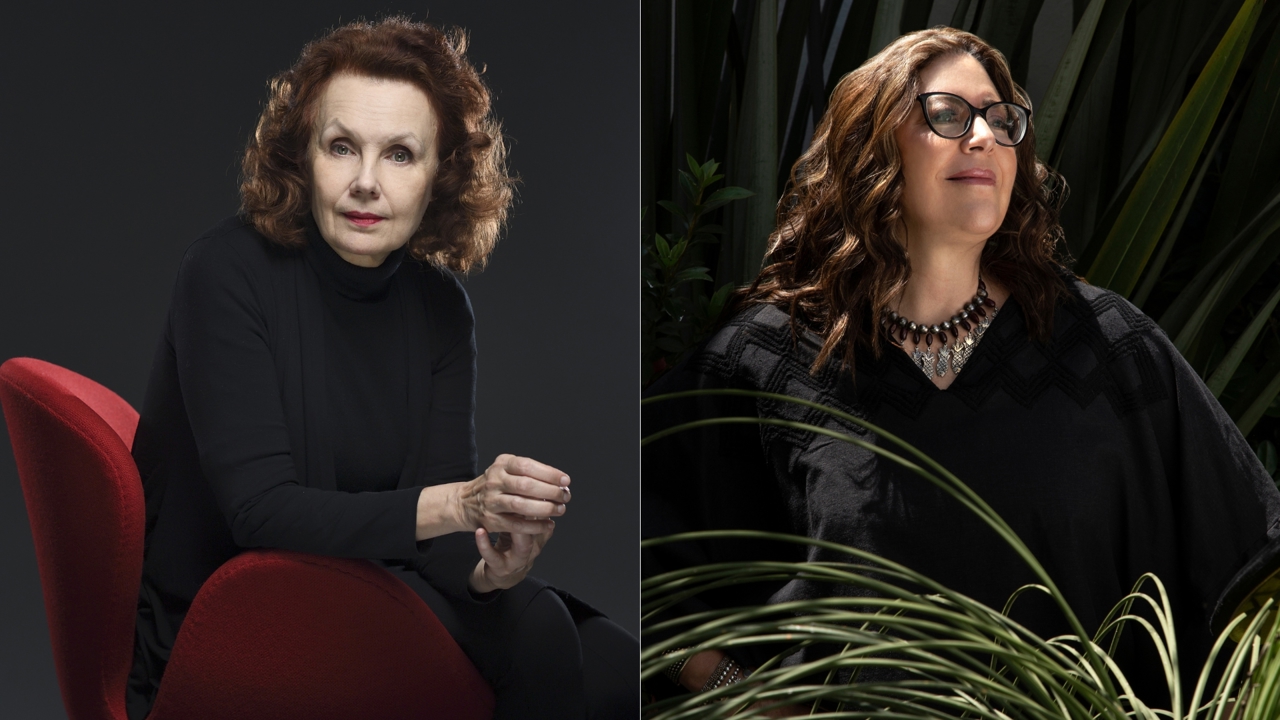Events and Tickets
Spotlight: Kaija Saariaho & Gabriela Ortiz

Of all the factors that shaped classical music in the second half of the last century – and continues to – the emergence of a generation of female composers was arguably the most significant. Certainly, the most exciting.
The result has been an enrichment of the repertoire reflected in the seven very different female voices from the past century to the present day threaded throughout this season – from Lili Boulanger, Julia Wolfe and Jennifer Higdon to Bun-Ching Lam and Siobhán Cleary – each and all bringing new perspectives to challenge and to reward.
Two other names, Kaija Saariaho and Gabriela Ortiz, both featuring as part of National Symphony Orchestra Ireland’s programming, are prime examples of the remarkable diversity and originality of style and substance that has brought female composers deservedly to the fore.
No two composers are alike. The music of the Finnish Saariaho and Mexican Ortiz perfectly illustrates that. Drawn from cultural backgrounds far distant and different from each other, there is little risk of mistaking either’s music for the other’s. Yet both share a similar aim: a desire to add to, expand and deepen the emotional and expressive range of contemporary classical music.
Born in Mexico City in 1964, Gabriela Ortiz studied in Mexico, Paris and London. Winner of three Grammy Awards for her 2024 album, Revolución Diamantina, and Composer-in-Residence with New York’s Carnegie Hall in 2025, her profile is fast ascending.
Gustavo Dudamel, who conducted that piece with the Los Angeles Philharmonic, hails Ortiz ‘one of the most talented composers in the world’.
Kauyumari (blue deer), in its Irish premiere, is inspired by the folklore of the Huichol people from Mexico’s Sierra Madre. Its title refers to a spiritual guide encountered during a ritual involving the hallucinogenic peyote cactus to facilitate communication with ancestors and spiritual healing.
Ortiz describes it as a ‘celebration of renewal’. The New York Times called it ‘a churning engine of sound’. Its driving rhythmic intensity, borrowing of a traditional Huichol melody, and bold working out of both casts a trance-like but invigorating spell.
That hypnotic quality is also to be found in the accolade-laden Kaija Saariaho’s music. Born in Helsinki, she died in 2023 aged 70, her legacy one of the most original catalogues of music in contemporary music.
A pioneer of Spectralism, combining live acoustic music and voice with electronics, Saariaho crafted unique soundscapes immersing the listener in evolving, enveloping sonic textures.
The Irish premiere of the more conventionally cast Ciel d’hiver exploits the resources of a symphony orchestra to evoke the chilled sweep and vast breadth of the rise and fall of constellations in luminous, celestial orchestration.
From shiver-inducing strings, harp and percussion to warming winds and brass and ethereal piano and cello, it’s an enthralling evocation of the majesty of the Winter Sky of its title.
Of all the factors that shaped classical music in the second half of the last century – and continues to – the emergence of a generation of female composers was arguably the most significant. Certainly, the most exciting.
